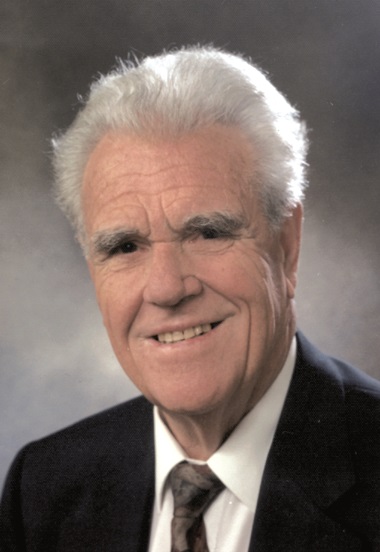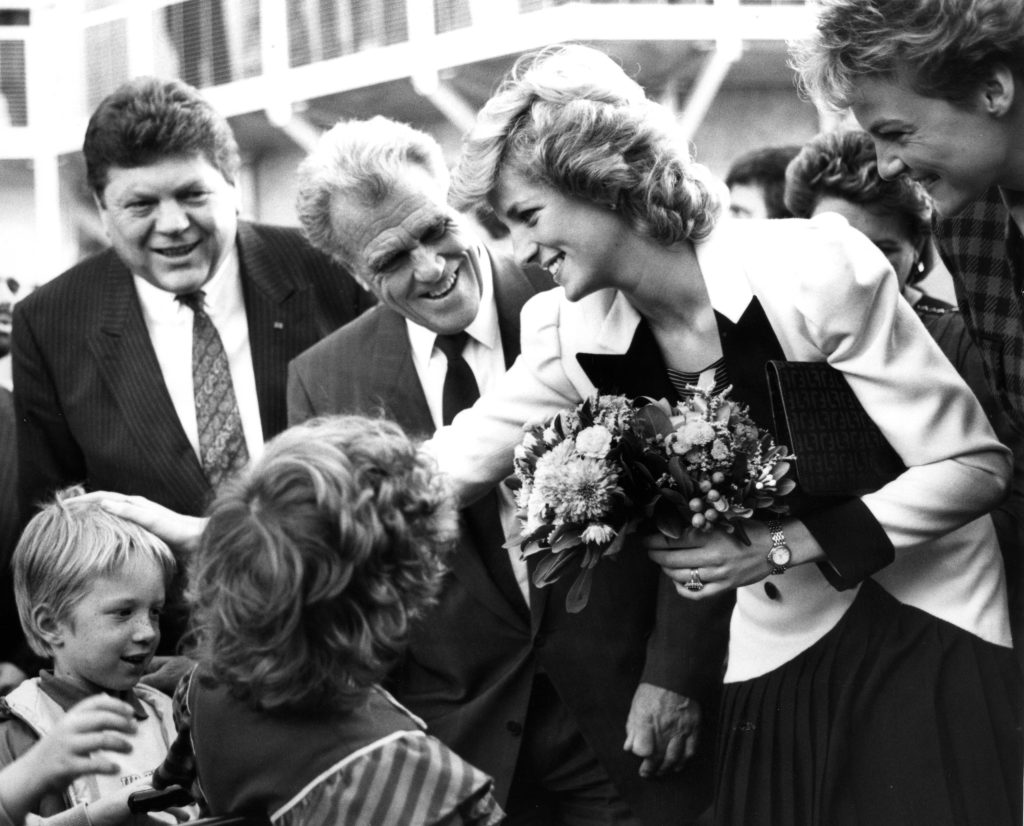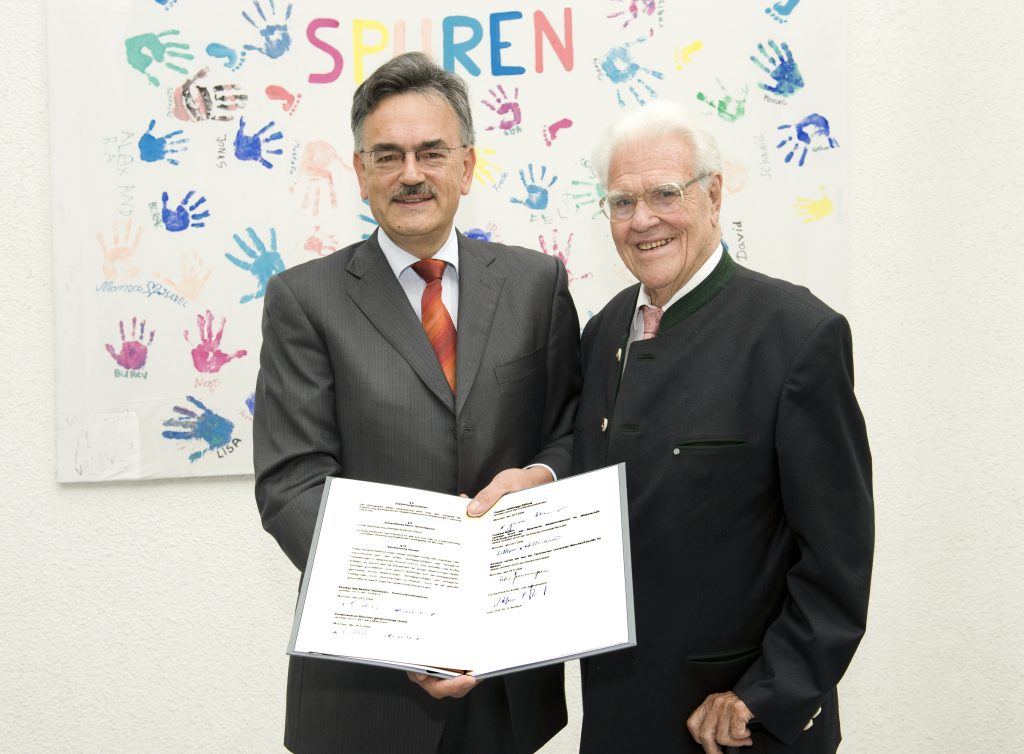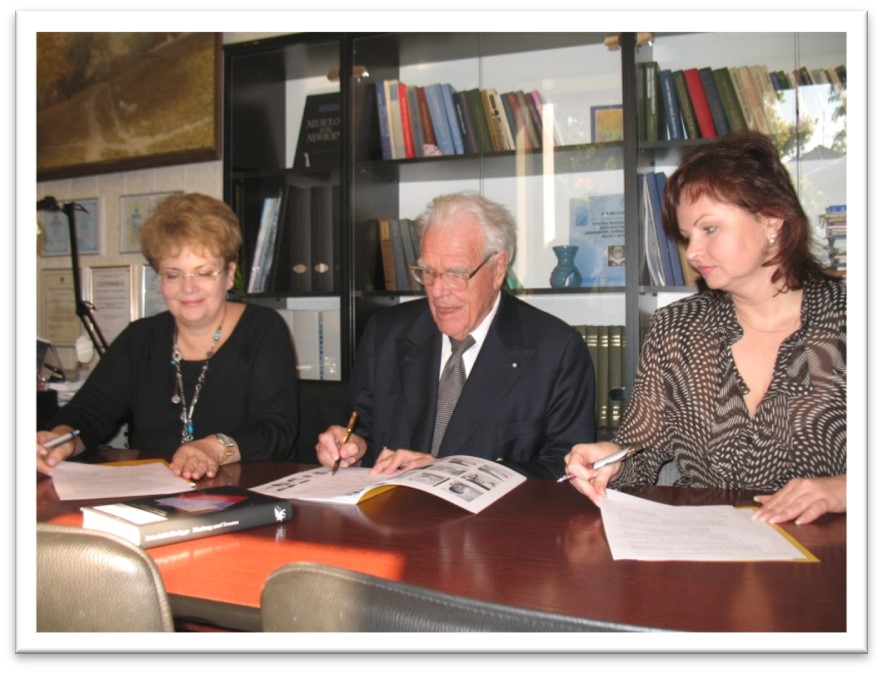Learn About Us
The foundation was established in 1991 by Prof. Theodor Hellbrügge with the aim of supporting families by promoting research in the field of social pediatrics and the dissemination of early diagnosis, early therapy and early social integration programs.
What characterized Theodor Hellbrügge's work and how is this reflected in the work of the foundation?
Unique opportunities in early childhood
The developmental rehabilitation programs take advantage of the unique opportunities of early childhood. This is why the Theodor Hellbrügge Foundation supports and promotes the dissemination of the diverse programs of early diagnosis, early therapy and early social integration as well as specialist interdisciplinary training in Germany and abroad.
Parents are crucial to the success of therapy
Nobody knows their child better than the parents. That is why parents are always included in the therapy as the child's most important caregivers. Various specialists provide parents with support and discuss with them how their child can be supported in the best possible way. The aim is to embed support services directly into everyday family life.
Munich Functional Developmental Diagnostics
Comprehensive diagnostics are a decisive prerequisite for the planning and implementation of therapeutic measures. Based on Prof. Hellbrügge's research, the "Munich Functional Developmental Diagnostics" was developed as a basis for the early detection of developmental deficits in infants and toddlers. The method is still frequently used today in pediatric practices, early intervention centers and socio-pediatric centers for the early detection of developmental delays. The MFED was standardized as part of a project at the Chair of Social Pediatrics.
Montessori curative education and Montessori therapy
Prof. Hellbrügge's support of the Montessori approach and its further development into so-called Montessori therapy was a significant contribution to the promotion of development. Inspired by Montessori's approach, Prof. Hellbrügge began to transfer the methods and principles to work with children with developmental disorders and impairments. Montessori therapy integrated elementary educational and therapeutic concepts in order to support the development of these children in the best possible way. At the heart of the therapy is the idea of individualization and the promotion of independence. Hellbrügge and his team developed specific materials and exercises to improve the children's cognitive, motor, social and emotional skills.
The Theodor Hellbrügge Foundation offers further and advanced training for interested professionals.
The idea of inclusion
In the spirit of inclusion, the foundation, like Prof. Theodor Hellbrügge, promotes the joint education of children with and without disabilities, not only in the family, but also in kindergarten and school. Children with different abilities should attend kindergarten or school together. This promotes joint learning and has a positive effect on the social, emotional and cognitive development of the children.
Training of specialist staff
The focus of the Theodor Hellbrügge Foundation's work lies in the training and further education of professionals. These are now offered in cooperation with selected universities worldwide. On the other hand, the International Academy for Developmental Rehabilitation in the Theodor Hellbrügge Foundation also supports further training events which are carried out by former students of Professor Hellbrügge, e.g. in Krakow/Poland, Riga/Lithuania, Vilnius/Lithuania, Liepja/Latvia and Prague/Czech Republic.
Scientific foundations
The Theodor Hellbrügge Foundation works closely with scientists from various disciplines and promotes professional and interdisciplinary exchange by organizing an interdisciplinary symposium on current issues in social paediatrics. The foundation also supports scientific projects and works closely with the Chair of Social Pediatrics to this end.




